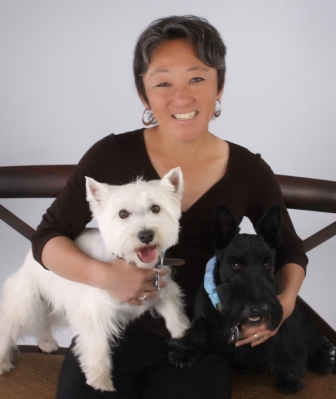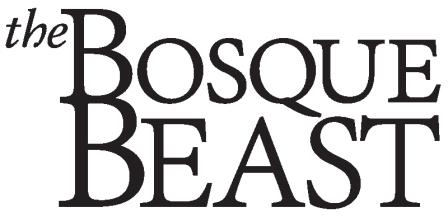
Love for all breeds
Former Gov. Bill Richardson stepped into an ugly culture war this summer when he declared, with actor Robert Redford, that they were “standing with Native American leaders” in protesting a horse-slaughtering facility in Roswell as “a violation of tribal cultural values.” The president of the Navajo Nation promptly welcomed the plant as a solution to the 75,000 feral horses destroying Navajo lands.
Humans are indeed quick to take sides, blaming or praising other tribes as a way to elevate our own. How often have I heard animal rescuers whisper about “Hispanic culture” as a cause for animal abuse in New Mexico? As with Native Americans, the images are contradictory: On the one hand is quaint San Ysidro the villager living in harmony with his oxen; the comedy-circuit version has him as a paunchy drunk in a trailer guarded by chained Pit Bulls. As Richardson discovered, Indians are not only the shamanistic darlings of New Age spirit worshippers; they can also play welfare dependents who neglect their starving horses and “reservation dogs.”
Meanwhile, the educated white demographic that dominates animal advocacy ignores how they, too, are subject to the causes of violence in human society—which is not any single cultural tradition so much as the forces of modernity transforming all of them.
Are the pets of today’s suburbanites really less abused living with obesity, diabetes, cancer, and neurotic boredom than ranging skinny and matted in the town square? Are horses happier living cooped up in tiny backyards than starving free on the reservation? Only we can say. “Better” and “worse” are human projections—and projection is what we do naturally.
As our cartoonist notes this issue, the many examples of cross-species friendship put our own to shame. We chant, “Punish the deed, not the breed” when it comes to prejudice against certain types of dog—but not when that prejudice is applied to humans. We find it incomprehensible that people reject black cats and dogs, not that they reject a black president.
Just as the basis of animal rescue is that each animal matters as an individual, so there is a certain brutality in defining humans by breed or tribe. Like the kitten who loves the gorilla, the elephant who loves the dog, the life we share on Earth with all other creatures is so much more vast than our projected human phantoms.
Not long ago, it was quite normal for the family dog to live outside, and to eat meat at every meal. As the privileged, educated half of society evolved to champion “animal rights,” we have increasingly turned our backs on the less-privileged who appear blind to animal cruelty, it is so like the brutality faced daily when you struggle for basic human rights. The real culprit in the culture wars—the gap between the powerful and powerless, regardless of species— is what so many remain blind to.
Happily, in the case of the feral horse controversy, the humans involved showed the maturity to act like animals and seek common ground. Richardson and Redford promised to help the Navajo Nation find long-term solutions to its horse problem, ones that help not only the horses, but the animals who suffer with them. As we enter the season labeled with peace, but marked more than ever by anger and blame, it is worth remembering that any love used to justify hate serves only the very human desire to be king of the jungle. Which eventually leads, in word or deed, to cruelty against our fellow animals.
Keiko Ohnuma
Editor & Publisher

